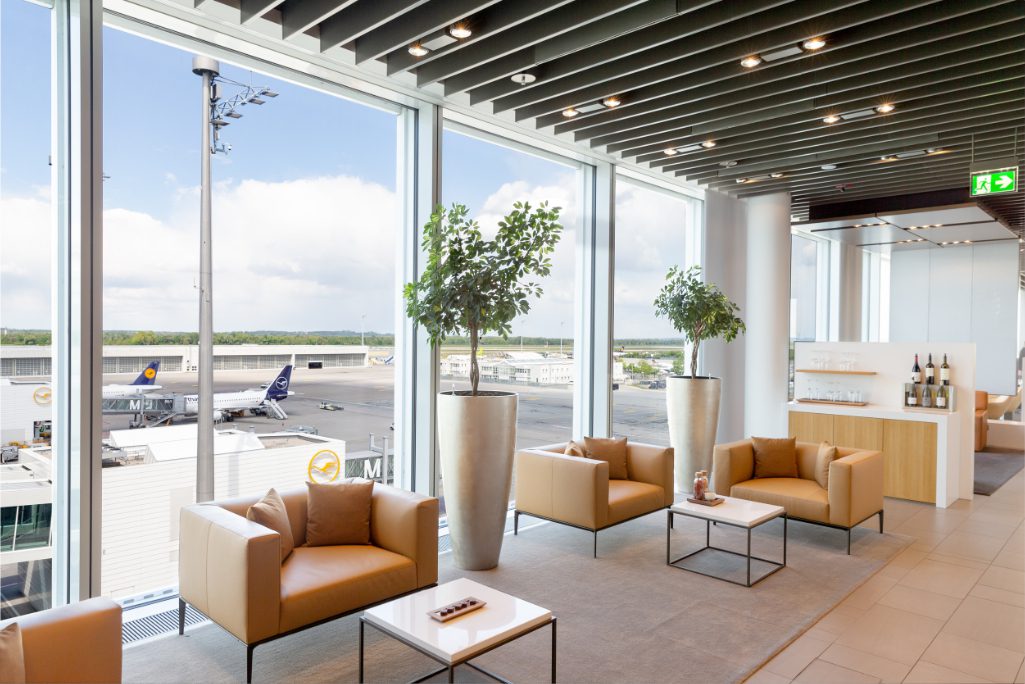Lufthansa Group Shifts to Next Phase of Its Pioneering Distribution Strategy

Skift Take
Lufthansa Group may have done more than any other airline group to aggravate Amadeus, Travelport, and especially Sabre in recent years. Yet a grudging truce in the distribution battle may be possible, according to this exclusive interview with a top executive.
Lufthansa Group shook the world of airline distribution five years ago when it added a surcharge on ticket bookings made outside of its direct channels. The German airline group made its tickets more costly when processed via the distribution middlemen Amadeus, Sabre, and Travelport.
The German airline group hiked that fee this month for tickets on Lufthansa, Austrian Airlines, Swiss, Brussels, and Air Dolomiti.
So how has the strategy been going? Skift checked in with Tamur Goudarzi Pour, chief commercial officer of Swiss International Air Lines and senior vice president revenue management and distribution for Lufthansa Group hub airlines.
The interview's newsiest part was the executive's comments related to Sabre. Lufthansa Group has for months been locked in negotiations over a multi-year distribution contract with the Texas-based company. A deal would likely end separate but related litigation between the companies, experts speculated.
So how positive does Goudarzi Pour feel about his company's talks with Sabre?
"Active and very positive," Goudarzi Pour said. "We're on a very, very good track... We are in intensive discussions. When I talk to the top management of Sabre, I really feel how their mindset has changed toward a tech-driven future."
Back in 2015 and 2016, Sabre's then-CEO Tom Klein repeatedly made comments suggesting that Lufthansa's effort was quixotic and would end briefly in failure. But current Sabre CEO Sean Menke has been changing the tech company.
"There is a history between the companies," Goudarzi Pour said. "And I feel this has changed completely."
Goudarzi Pour also hinted during the interview that Lufthansa Group might one day see a time when Amadeus, Sabre, and Travelport adopt its preferred way of creating airfare offers. He hinted that pilot tests had already begun.
In the wide-ranging interview, the group's top distribution executive touted its debut this month of "continuous pricing," which he said boosts revenue for airlines and agencies alike. He addressed criticisms many agencies have leveled against Lufthansa Group. He also tried to give proof that the group's distribution strategy has been a success.
Back when the distribution saga began, Lufthansa Group drove only 30 percent of its distribution directly. By 2018, it generated 45 percent of its distribution directly. Today it drives about 75 percent direct, Goudarzi Pour said.
Those figures are a bit of a fudge. They blend bookings that

